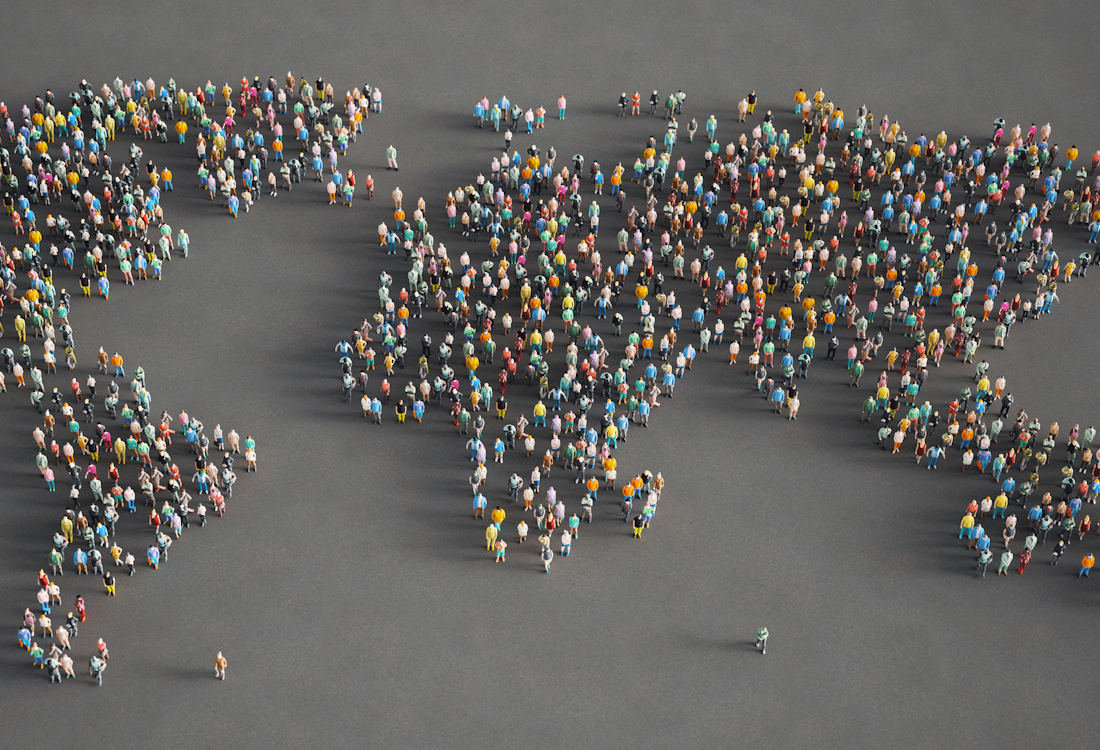Alexandra Schneiders and Prof. David Shipworth, Bartlett School Env, Energy & Resources, UCL Energy Institute
30 March 2022
New smart local energy systems (SLES) business models, including peer-to-peer energy trading, are currently being considered by policymakers as ways of actively involving consumers in the transition toward net zero and tackling of the climate emergency. Enabling consumers to generate their own energy, through for instance solar panels, and sell it directly to neighbours, not only optimises an increase in access to renewable energy sources, but also potentially places an additional burden on consumers’ shoulders. Making sure that the transition to net zero takes place in a fair manner will be crucial.
In November 2021, researchers from the Global Observatory on Peer-to-Peer, Community Self-Consumption and Transactive Energy Models (GO-P2P) presented a series of policy recommendations around the development of SLES models, based on their recently published literature reviews. Recommendations to policymakers included the following:
- End consumers should be able to sell electricity and other services while retaining their rights as non-professional parties. This will allow them to actively participate in the energy grid without excessive risk.
- Energy prices should be made more reflective of the actual costs of supplying a particular customer. The lack of locational marginal pricing means providers of flexibility and generation are not getting proper price signals.
- Local Energy Markets (LEM) licencing should incorporate options for provision of TSO grid services. The potential impact of LEMs on transmission networks’ operation and planning is unknown. Were LEMs to become a primary means through which distributed energy resources are supplied to customers this could adversely impact on transmission networks. Therefore, LEM operator licences should incorporate provision for TSO grid service provision.
The importance of knowledge exchange
SLES are highly context specific, with each tailored to the energy resources and requirements of its country, region and specific location. With only a few trial SLES, and with each unique to its context, the benefits of collaborative knowledge exchange far outweigh any concerns over competitive advantage of acting alone.
For SLES to succeed they must work together to compete against centralised supply and to win over community and government support. This requires continuous knowledge exchange between stakeholders in as many different contexts as possible. Doing so will accelerate development and ensure that the wellbeing of consumers and safety and security of the energy system can be maintained.
GO-P2P, a Task of the User-Centred Energy Systems Technology Collaboration Programme (Users TCP) by the International Energy Agency (IEA), provides an international platform for such knowledge exchange. Connecting research and expertise from across countries helps build a common understanding of the dilemmas around grid integration, technology, market design, social acceptance and regulatory enablers/obstacles of peer-to-peer energy models. The 200+ GO-P2P participants represent 23 countries, and come from a range of sectors including academia, industry and government. This leads to cross-sector and trans-national collaboration to find solutions to common problems.
UK researchers play a leading role in the field
With 59 participants, the United Kingdom has the largest representation within GO-P2P. This includes leading researchers from EnergyREV, representing higher education institutions such as the University of Edinburgh, University of Bristol, University of Warwick and University College London. Through collaboration with GO-P2P participants they have showcased their research internationally. Since the establishment of the project in September 2019, there have been 43 joint publications, of which 22 are peer reviewed journal articles.
Our UK-based researchers will play a leading role in the next phase of GO-P2P’s work, namely its data collection from pilots of peer-to-peer energy trading. The UK is at the forefront of experimentation in the field, with peer-to-peer energy pilots being deployed within Ofgem’s Innovation Link regulatory sandbox. The data collected from UK pilots will be used to conduct an international comparative analysis assessing the factors enabling or inhibiting the rollout of these models worldwide, as well as a Readiness Index assessing the readiness of countries such as the UK for model rollout. Findings will be continuously fed into the work of the Users TCP.
If you are interested in GO-P2P’s work and would like more information, please don’t hesitate to get in touch with its Task Leader Alexandra Schneiders or visit its website.
